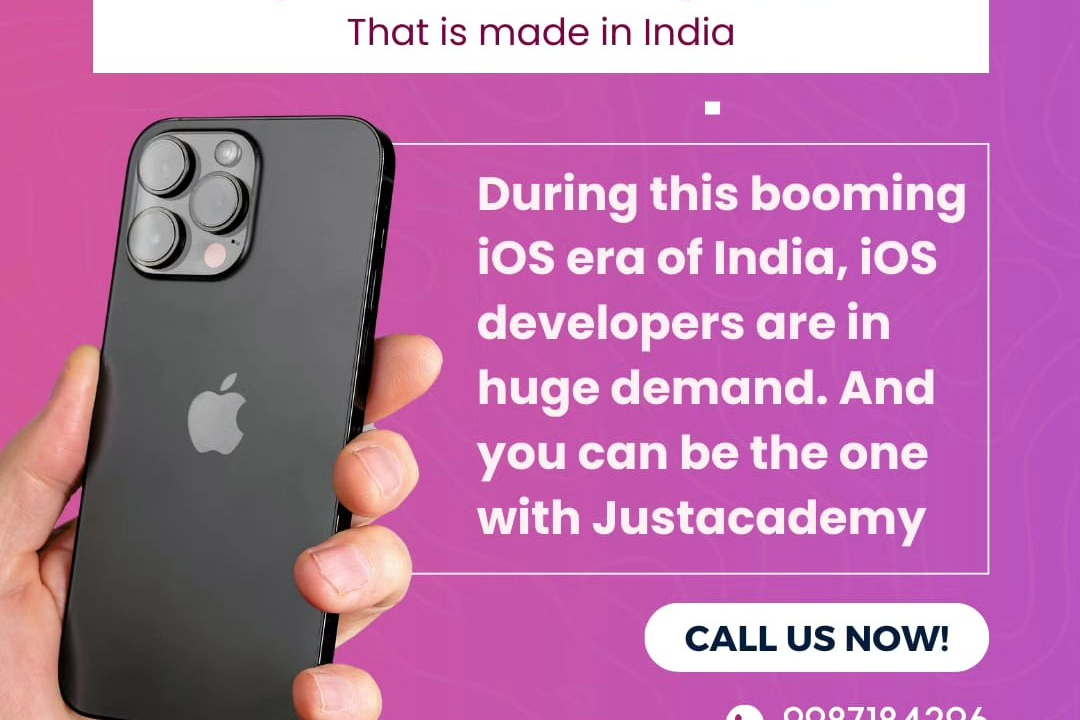Android Project Management
Effective Strategies for Managing Android Projects
Android Project Management
Android project management involves the systematic planning, execution, and monitoring of Android application development projects to ensure timely delivery and adherence to quality standards. It encompasses the use of project management methodologies like Agile or Scrum to facilitate iterative development, collaboration among cross-functional teams, and the integration of user feedback throughout the project lifecycle. Key aspects include defining project scope, setting timelines, allocating resources, managing risks, and ensuring effective communication among stakeholders. Tools like Jira, Trello, and version control systems such as Git are often employed to track progress, manage tasks, and maintain code integrity. Additionally, understanding platform-specific guidelines and maintaining documentation are crucial for successful Android project management, ultimately aiming to deliver high-quality applications that meet user needs and business objectives.
To Download Our Brochure: https://www.justacademy.co/download-brochure-for-free
Message us for more information: +91 9987184296
1 - Introduction to Android Development: Understand the basics of Android, including its architecture, components like Activities, Services, Broadcast Receivers, and Content Providers.
2) Project Setup: Learn how to set up an Android project using Android Studio, including creating new projects, understanding project structure, and configuring Gradle build scripts.
3) Version Control Systems: Familiarize yourself with version control systems like Git. Understand how to create repositories, commit changes, and manage branches, which is crucial for collaboration in projects.
4) Agile Methodologies: Explore Agile project management methodologies like Scrum and Kanban. Learn how to plan sprints, conduct daily stand ups, and manage project backlogs.
5) Project Planning: Understand how to plan Android projects effectively. This includes defining project requirements, setting timelines, estimating efforts, and identifying risks.
6) Task Management: Learn how to break down projects into manageable tasks, assign responsibilities, and track progress using tools like Jira or Trello.
7) Communication Skills: Emphasize the importance of communication within a project team. Understand how to conduct effective meetings, provide and receive feedback, and collaborate in a distributed team environment.
8) Documentation: Understand the significance of maintaining clear and concise project documentation. Learn how to document requirements, design specifications, and coding standards.
9) UI/UX Design Principles: Gain insights into the basics of user interface and user experience design, which are critical for creating intuitive Android applications. Explore design tools and prototyping techniques.
10) Quality Assurance and Testing: Learn about the importance of testing in Android project management, including unit testing, integration testing, and UI testing. Explore testing frameworks such as Espresso and JUnit.
11) Continuous Integration and Deployment (CI/CD): Familiarize yourself with CI/CD practices and tools like Jenkins or GitHub Actions. Understand how to automate the build and deployment process to ensure code quality and faster releases.
12) Handling Third Party Libraries: Learn how to incorporate and manage third party libraries using Gradle. Understand best practices for selecting libraries and maintaining them throughout the project lifecycle.
13) Performance Monitoring and Optimization: Understand the importance of performance in Android applications. Learn techniques for profiling, monitoring application performance, and optimizing resource usage.
14) Release Management: Explore the steps involved in preparing an Android app for release, including versioning, signing APKs, and using the Google Play Console to publish applications.
15) Post Release Support and Maintenance: Understand the importance of post release activities, including user feedback collection, bug fixing, and regular updates to ensure app longevity and user satisfaction.
16) Real world Case Studies: Review real world Android project case studies to understand best practices, challenges faced, and lessons learned from industry experts.
17) Career Development and Trends: Discuss career paths in Android development and project management, as well as current industry trends, tools, and technologies that are shaping the future of Android development.
This outline should help structure a comprehensive training program on Android project management that equips students with critical skills to succeed in the field.
Browse our course links : https://www.justacademy.co/all-courses
To Join our FREE DEMO Session: Click Here
Contact Us for more info:
Power BI Training and Placement
Cheapest List of Online iOS Training Institutes in Chennai
Flutter Training in Nandyal
best pmp training institute in pune
Ai In Software Testing Course











